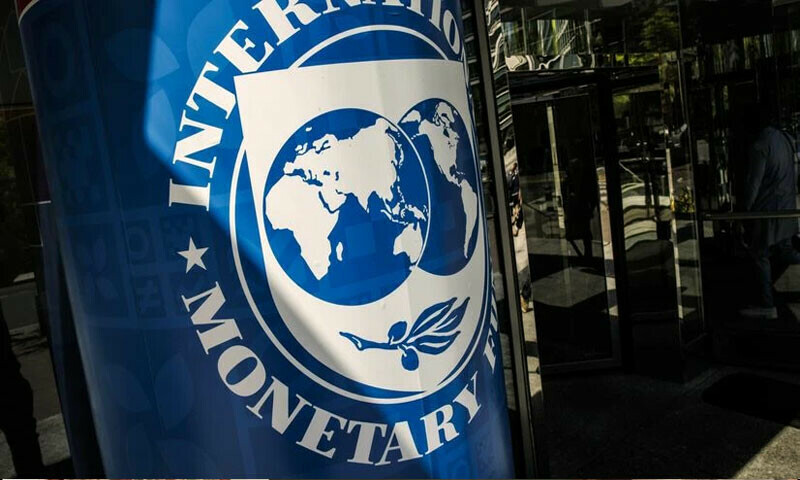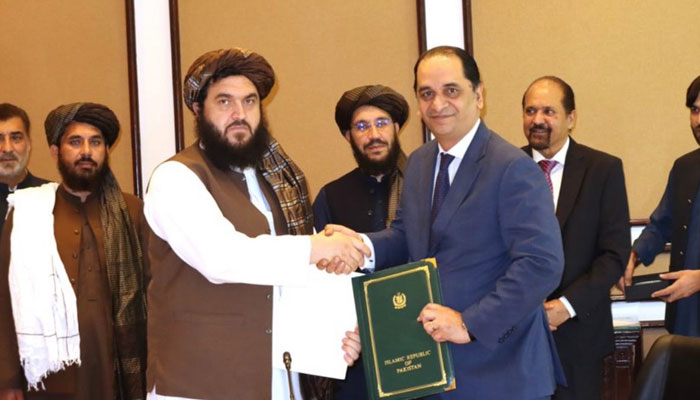TRADE & ECONOMY

The International Monetary Fund (IMF) has rejected a proposed three-year marginal energy package by the Ministry of Energy that aimed to supply surplus electricity at reduced rates to AI, data mining, and industrial consumers.
According to official sources, senior Ministry of Energy officials failed to convince the IMF during recent negotiations, leading to the temporary suspension of the initiative. However, officials remain hopeful that the proposal may be revisited during the next Economic Review talks with the IMF.
The marginal energy package was designed in response to the availability of around 8,000 megawatts of surplus electricity in the national grid. The plan proposed that this excess electricity be offered without additional surcharges or taxes, charging only the cost of production and capacity charges, to stimulate industrial growth and enable Pakistan’s entry into the regional digital economy.
“The intent was to provide low-cost, uninterrupted electricity to high-potential sectors like artificial intelligence and data mining,” said one energy ministry official, speaking on condition of anonymity.
However, the IMF declined to support the package, making its approval conditional on 100% recovery of all dues from power consumers—something the Ministry of Energy could not guarantee at present. This condition effectively stalled the package's implementation.
Experts say the failure to implement the energy relief plan could hinder Pakistan’s ambitions to become a competitive player in the regional tech and industrial markets, especially at a time when countries are aggressively investing in AI infrastructure and digital economies.
The IMF’s stance also underscores its continued focus on fiscal discipline and full cost recovery in Pakistan’s energy sector, which remains burdened by circular debt, low recoveries, and unsustainable subsidies.
The Ministry of Energy is now reportedly working on alternative proposals and hopes to renegotiate the plan under more favorable conditions during the next IMF review.




